Dandruff in Singapore: Why Your Scalp Gets Angry in Singapore’s Humidity (And What To Do About It)
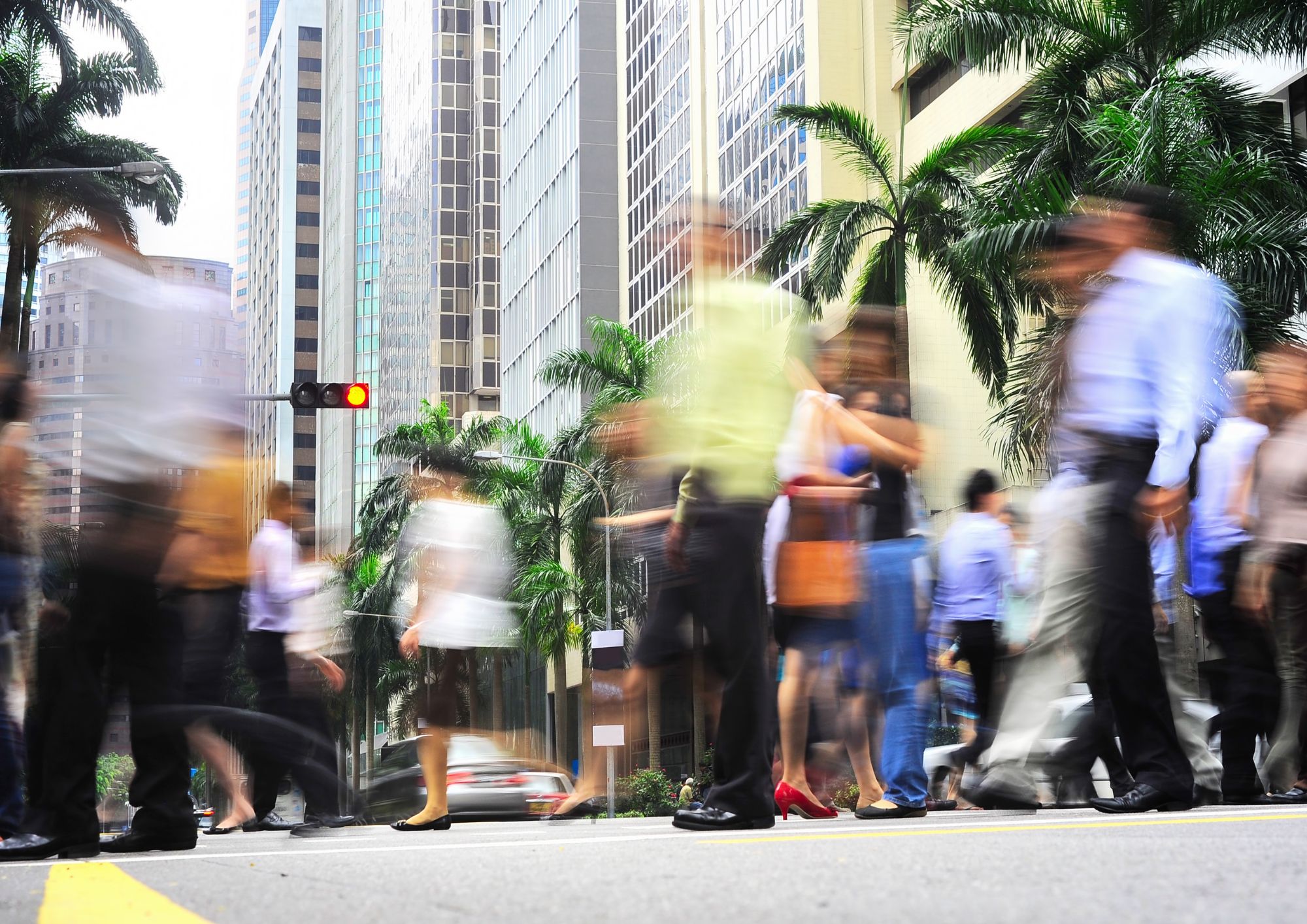
Between post-work spin classes, full-face makeup, and the daily humidity marathon that is walking to the MRT, your scalp is working overtime, and sometimes, it shows. Maybe you’re rounding off a hectic day at work and skipping wash day because you're rushing to a party or heading to JB for a quick getaway. We’ve all been there. Suddenly, your scalp feels greasy even after shampooing, your hair’s lost its bounce, and the itchiness is getting harder to ignore. It might seem like a one-off, but if it keeps coming back, it is time to look deeper.
Many women in Singapore juggle careers, families, and personal time. Scalp issues like dandruff can feel like an extra annoyance on an already packed to-do list. But here’s the thing: Dandruff is one of the most common scalp conditions, and Singapore’s tropical climate only makes it worse. That means understanding the triggers and treating them early can save you a whole lot of discomfort down the road.
What Is Dandruff, Really?
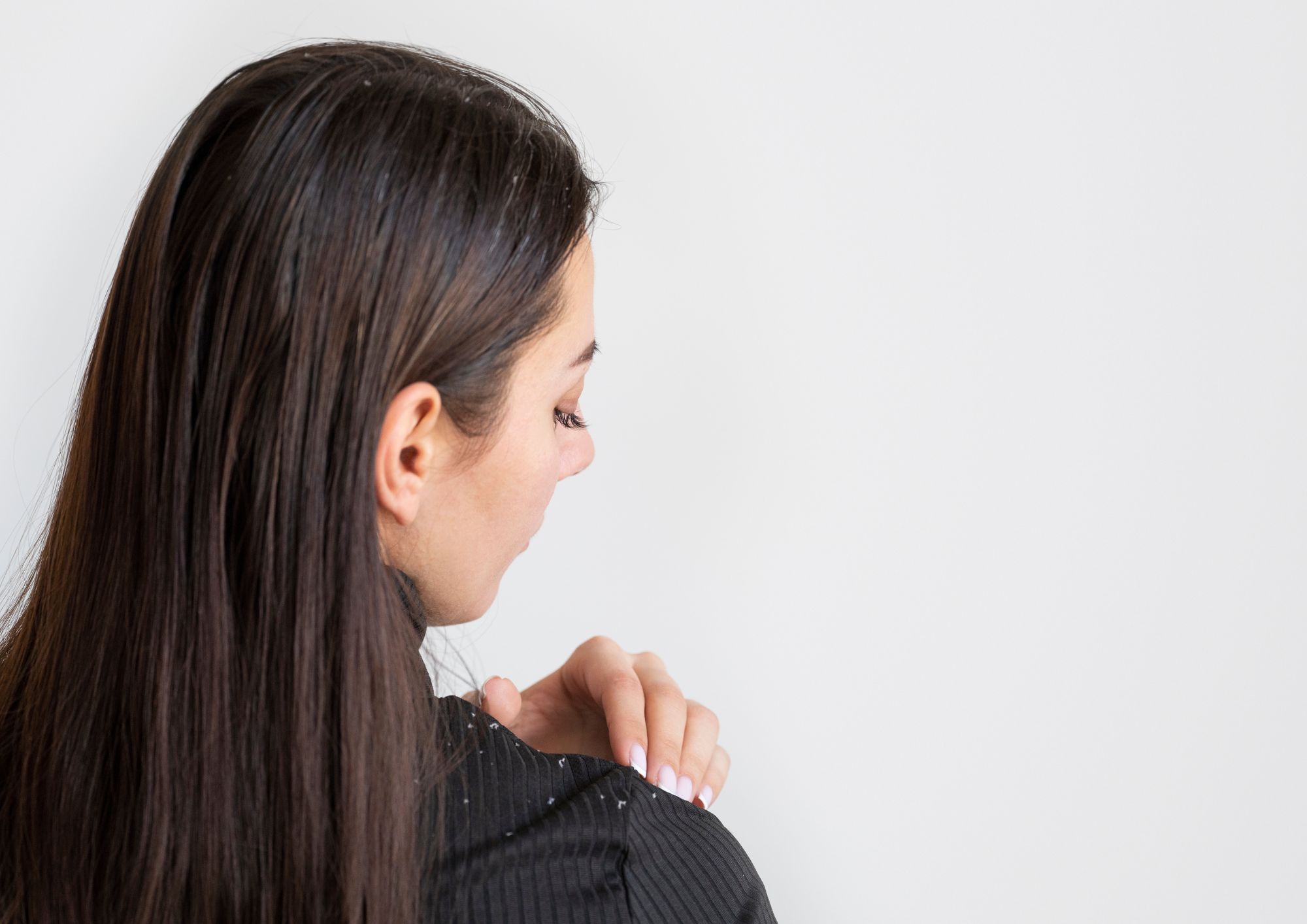
Dandruff is not just about dry skin or bad hygiene. It’s a scalp condition marked by flaking, itchiness, and sometimes oiliness. These flakes can show up on your shoulders, your scalp can feel sore or inflamed, and even freshly washed hair can seem dirty or limp.
It’s also easy to confuse a dry scalp with dandruff. A dry scalp comes from a lack of moisture, like skin peeling after a sunburn, while dandruff is a common condition of the scalp that is caused by overproduction of oil, fungal activity, or irritation.
Common causes of dandruff include the Malassezia fungus (which thrives in oily environments), hormonal fluctuations, product buildup, or stress. Yes, stress from a long day at the office or navigating MRT crowds can show up as dandruff on your scalp.
Why Singapore’s Humidity Makes It Worse
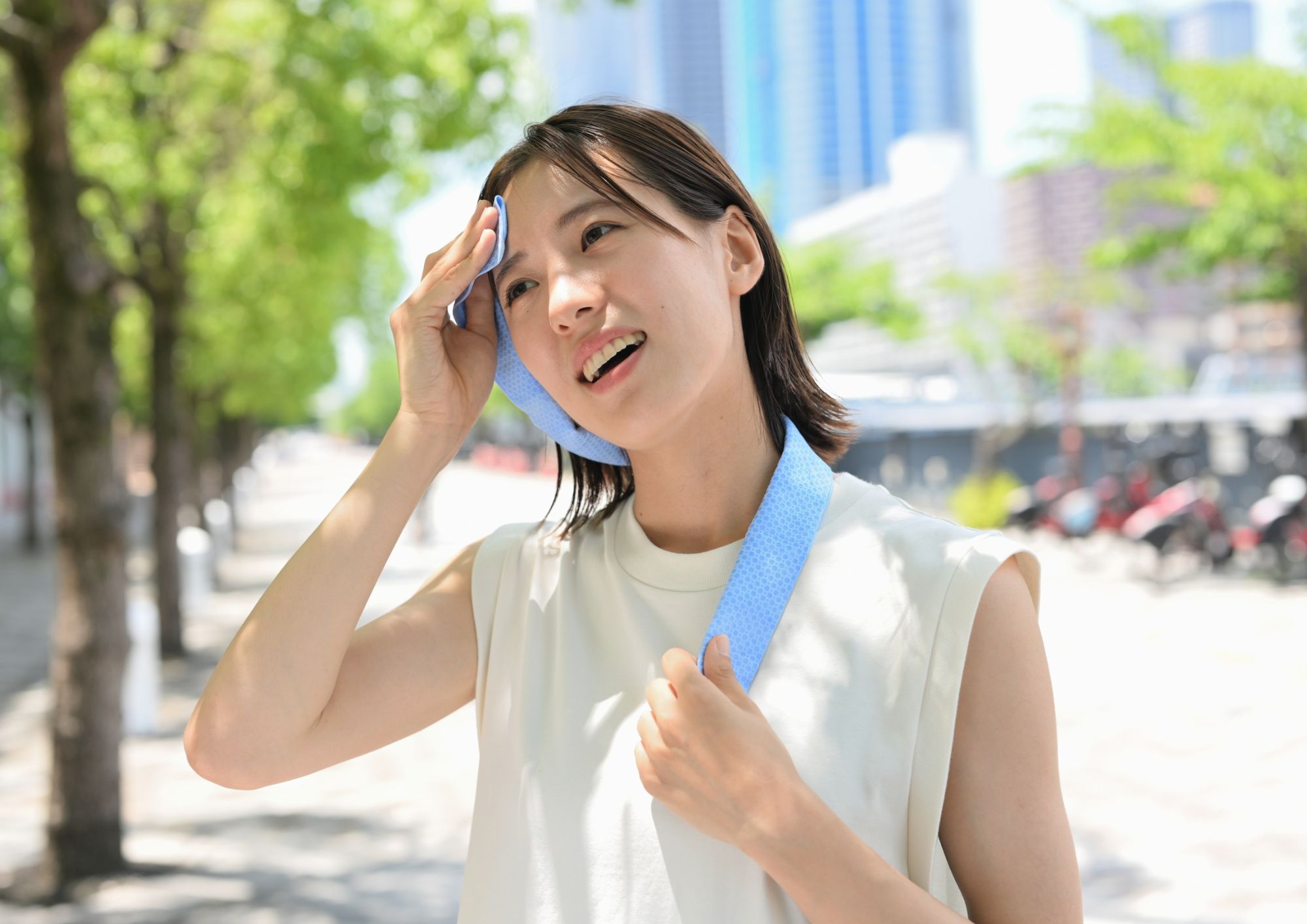
Singapore’s year-round humidity creates a perfect storm for scalp drama. The heat opens your pores and increases sweat, while the moisture in the air keeps your scalp feeling sticky all day. Mix sweat with excess sebum, and you get an ideal breeding ground for fungi like Malassezia.
Wearing headscarves, helmets, or caps (especially with our lifestyle) traps heat and moisture even more. Add pollution from city traffic and strong UV rays, and your scalp is basically under siege from morning till night.
Scalp Issues Women Often Face in This Climate
.jpg)
The following are the common causes of scalp issues faced by women in Singapore.
Oily Buildup That Clogs Follicles
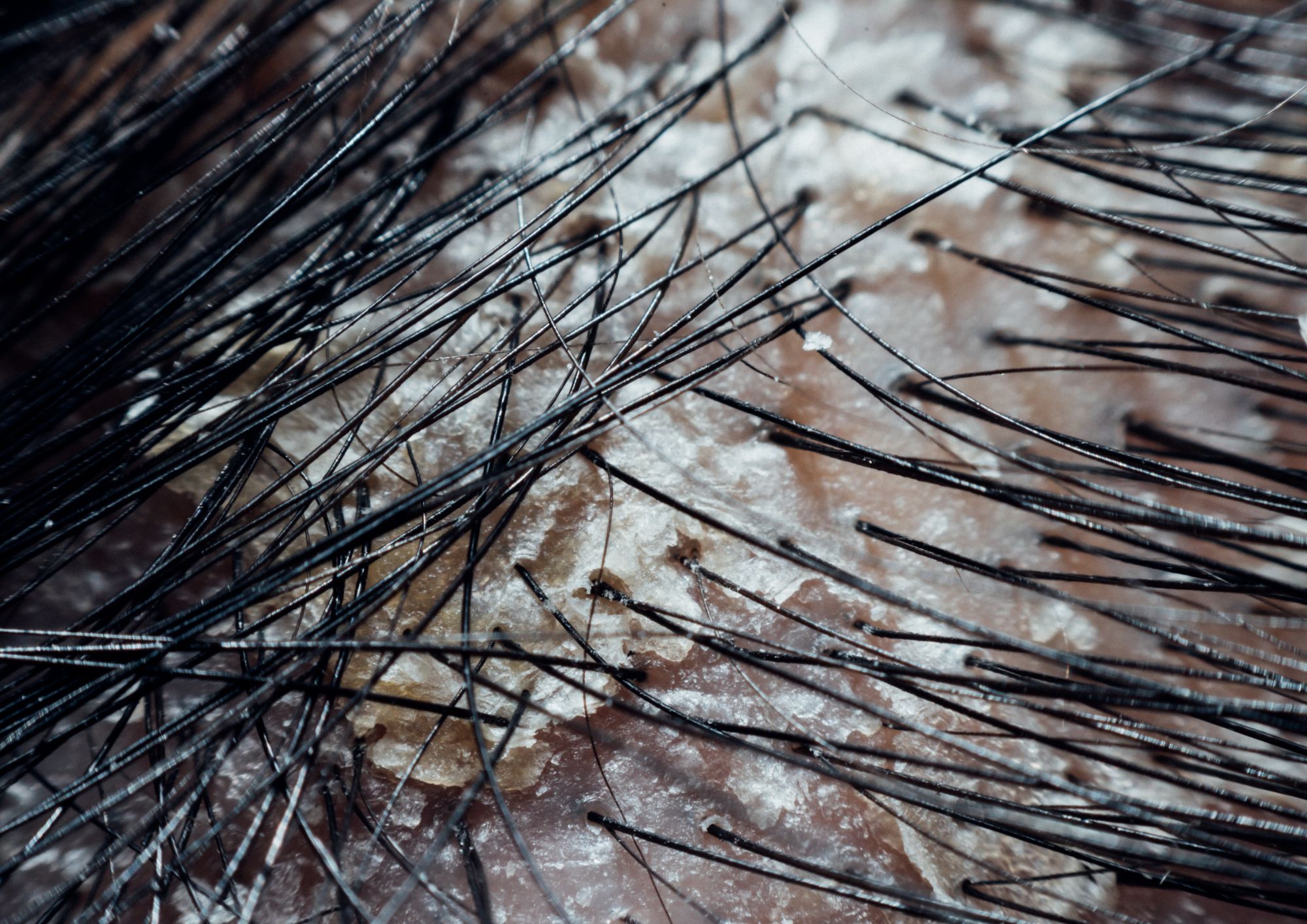
High humidity encourages the scalp to produce more oil, which can mix with sweat and styling products. This buildup clogs hair follicles, leading to itching, flaking, or even hair loss.
Constant Itchiness or Scalp Tenderness
Sweating under the sun or in headwear can cause irritation and lead to frequent scratching, which inflames the scalp and worsens symptoms.
Fungal Flare-Ups That Lead to Inflammation
Malassezia yeast thrives in warm, oily environments, and unchecked growth can lead to seborrhoeic dermatitis, a more severe, inflamed form of dandruff.
A Greasy or Sour-Smelling Scalp, Even After Washing
When sweat and oil accumulate faster than you can clean them off, it can leave behind an unpleasant scalp odour and greasy texture.
Recurrences of Conditions Like Seborrheic Dermatitis
Inflammation, flakes, and irritation can come and go with changes in weather, hormones, or stress levels.
The above aren’t just small inconveniences; they affect how you feel, how your hair looks, and even how confident you are heading into your next meeting or brunch.
What Not To Do (Common Mistakes)
Let’s clear up a few habits that might be making things worse:
Overwashing With Harsh Shampoos
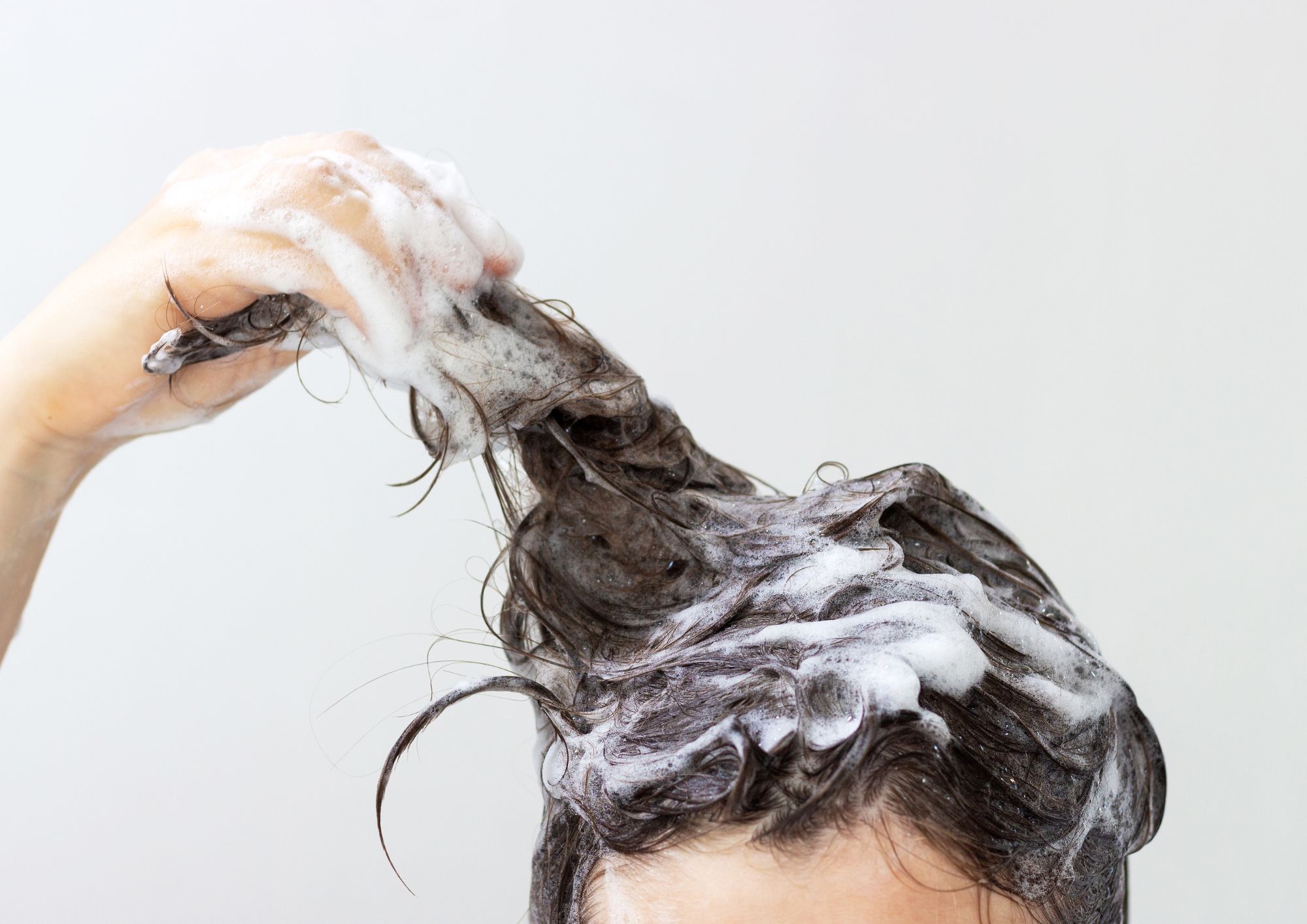
Washing your hair too often, especially with sulphate-heavy shampoos, can strip away your scalp’s natural protective oils. This triggers your sebaceous glands to overcompensate by producing even more oil, starting a vicious cycle that leads to conditions such as greasy roots, clogged follicles, and more flakes, not less. It’s counterproductive and irritating to your scalp.
Skipping Scalp Care
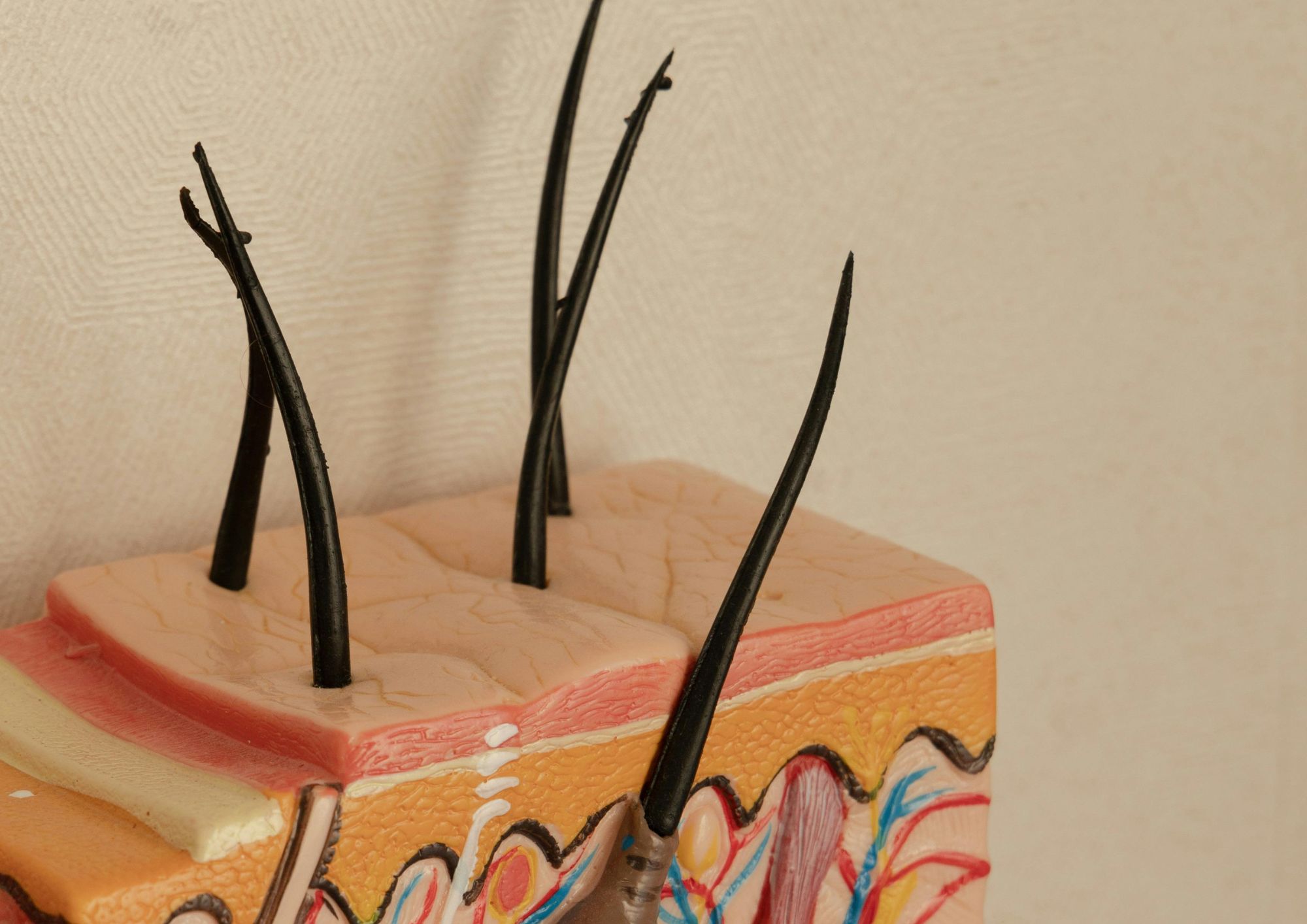
Many women treat scalp care as optional or cosmetic, something to do only when problems arise. But your scalp is skin, just like your face, and it deserves consistent TLC. Neglecting it means that buildup, inflammation, and flakes can fester quietly until symptoms become visible and harder to treat.
Not Drying Your Hair Properly After Workouts or Showers
Leaving your scalp damp, especially under tudungs, helmets, or hats, creates a humid environment that encourages bacteria and fungi to thrive. Over time, this can lead to odour, itchiness, and even fungal infections. Always towel-dry your roots gently and allow proper airflow before covering your head.
Wearing Non-Breathable Headwear for Long Hours
Helmets, scarves, and caps made from synthetic materials trap heat and sweat, turning your scalp into a breeding ground for irritation and dandruff. Whenever possible, opt for breathable, moisture-wicking fabrics like cotton blends or performance materials that allow ventilation and help keep your scalp dry and cool.
Waiting Too Long To Get Help
If your scalp is persistently itchy, flaky, or inflamed, don’t brush it off. Waiting too long to seek help can cause simple issues to evolve into more serious conditions like seborrhoeic dermatitis or folliculitis. Early intervention is not only more effective—it’s often faster, cheaper, and less disruptive to your lifestyle.
Effective Dandruff Treatments That Work in Singapore
Anti-Dandruff Shampoos
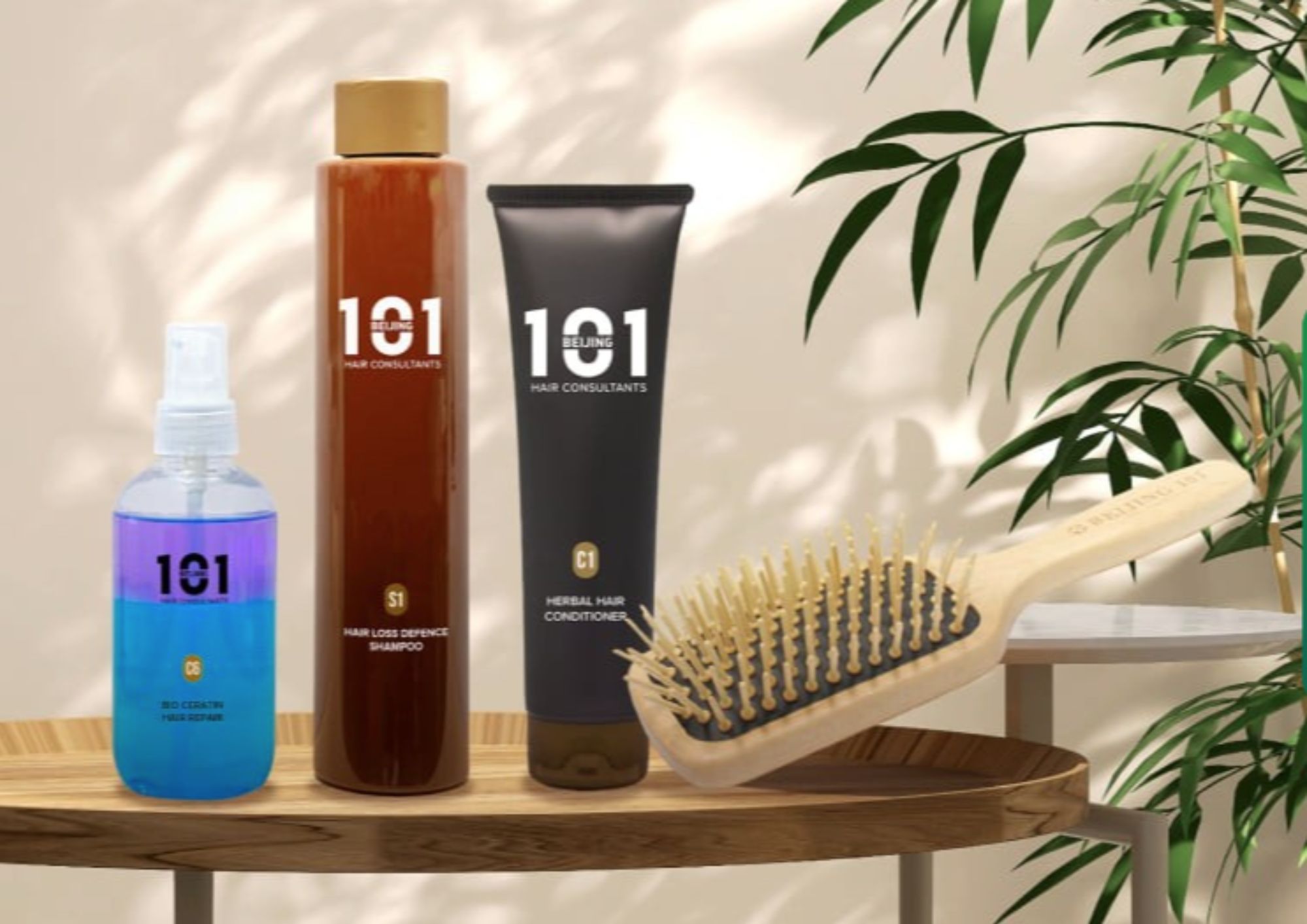
Look for shampoos with active ingredients like zinc pyrithione (antifungal and antibacterial), ketoconazole (strong antifungal), and salicylic acid (exfoliating). Rotate between them to avoid resistance.
Scalp Exfoliation
Using a gentle scalp scrub once a week helps remove excess sebum, dead skin cells, and product buildup. This keeps your scalp clean and helps active ingredients in treatments absorb better.
Natural Remedies vs. Medical Treatments
While tea tree oil and apple cider vinegar may soothe mild cases, consistent or stubborn dandruff often needs clinically tested solutions. It’s important to know when to switch from DIY to dermatologist-approved care.
Professional Scalp Treatments
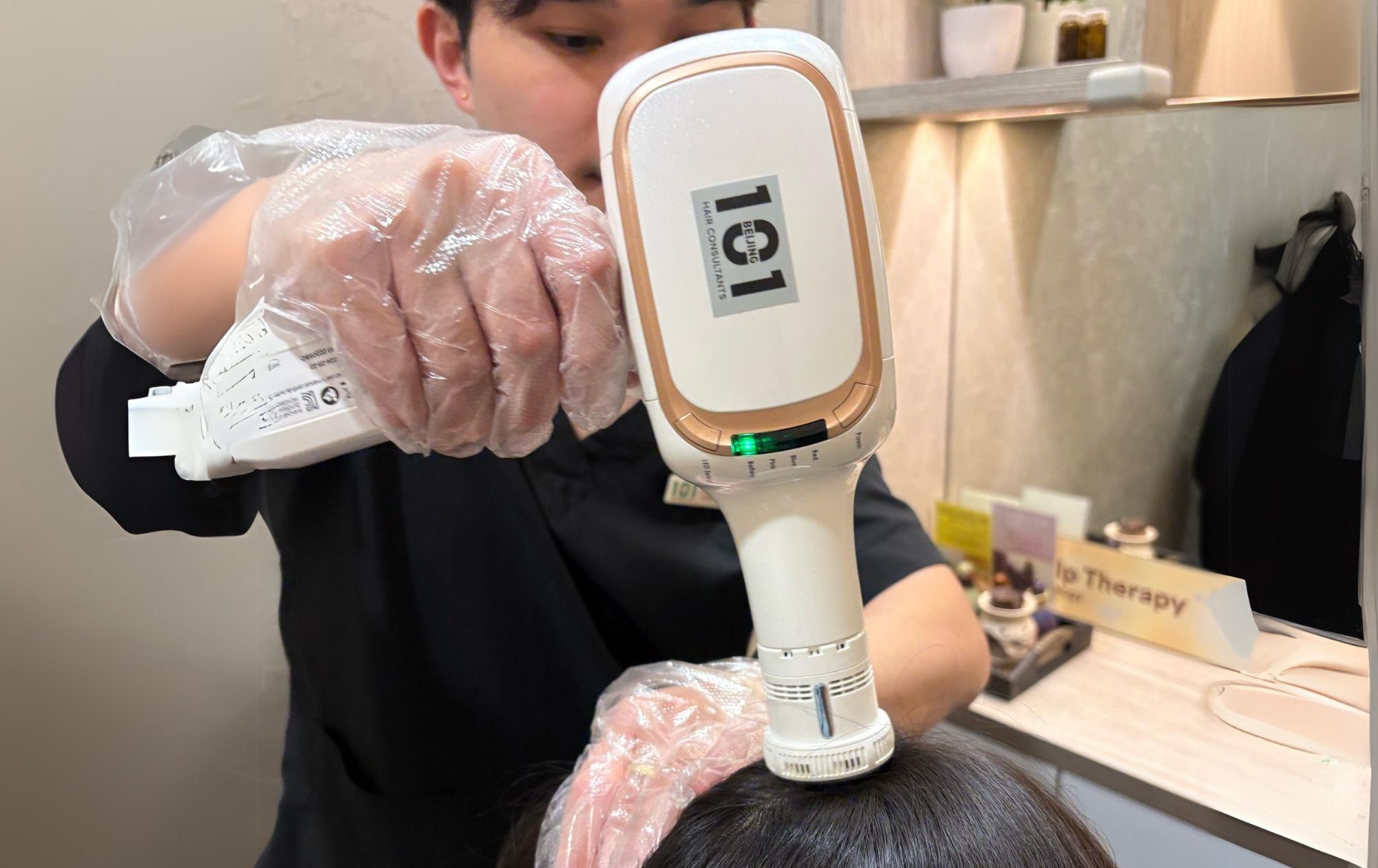
Many hair and scalp centres in Singapore, like Beijing101, now offer specialised treatments like deep cleansing detoxes and hydrating infusions. These are customised to your scalp condition and our local climate, making them more effective than off-the-shelf fixes.
Lifestyle Adjustments That Support Treatment
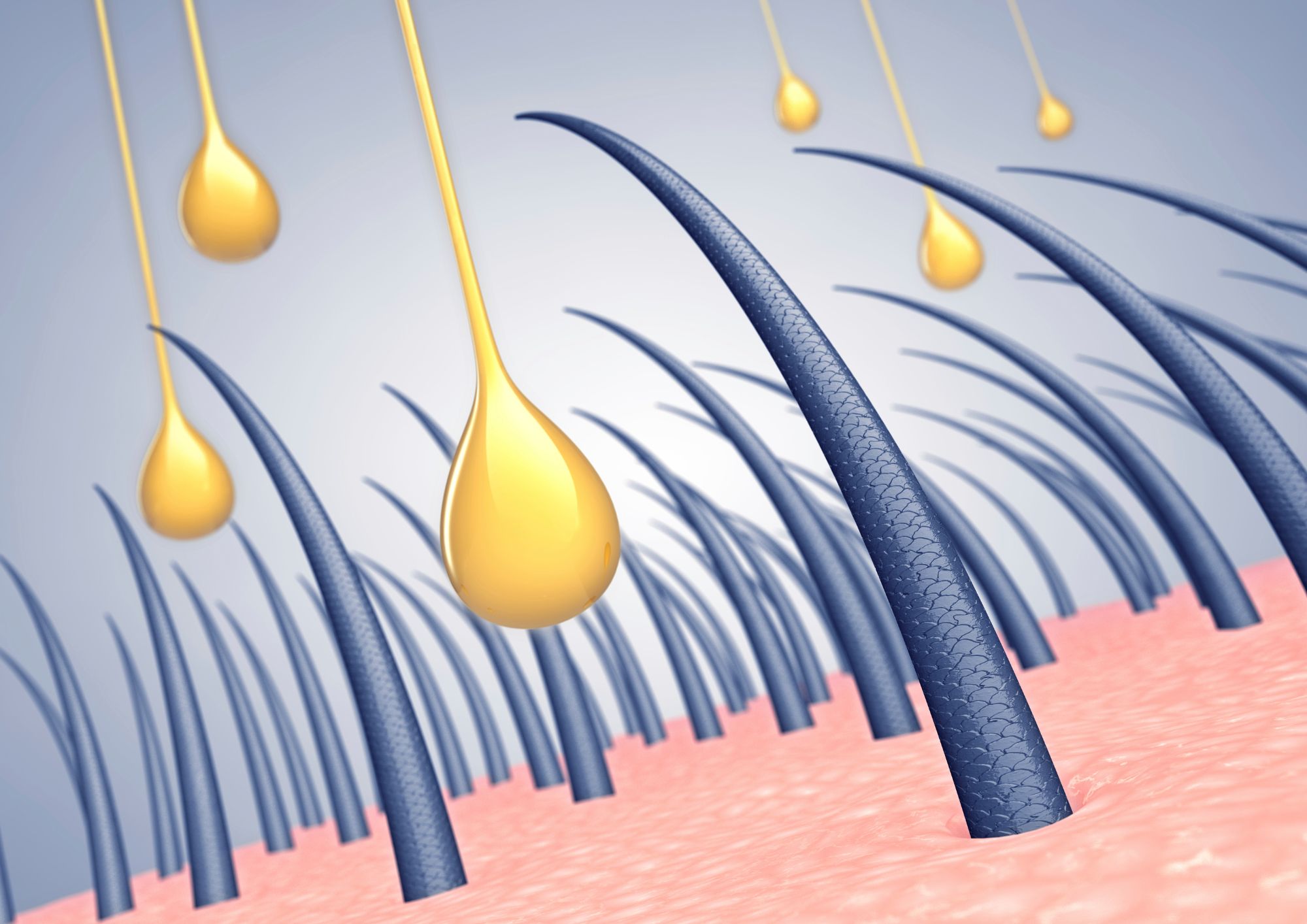
Your daily habits can make or break your dandruff control. Simple changes like washing your hair after workouts, using a microfibre towel to dry your scalp, managing stress, and getting enough sleep can improve scalp health and reduce flare-ups.
Lifestyle & Prevention Tips for a Healthy Scalp
The following are some effective ways you can have a healthy scalp.
Tip 1: Wash your hair every 1–2 days.
In Singapore’s humid climate, oil, sweat, and pollution can accumulate quickly. Washing your hair regularly (without overdoing it) helps keep the scalp clean and balanced. Choose a mild, scalp-friendly shampoo and avoid overly hot water, which can strip your natural oils
Tip 2: Stay hydrated and eat for your hair

Your scalp is skin, and like the rest of your body, it needs nourishment. Omega-3 fatty acids (found in fish, chia seeds, and walnuts), zinc, biotin, and plenty of water can help reduce inflammation and support hair health from the inside out. Cut back on sugar and processed food, and they can feed yeast on your scalp.
Tip 3: Choose breathable headwear
Whether it’s a cycling helmet or a bucket hat, look for lightweight, moisture-wicking materials. If possible, let your hair down at home to give your scalp a chance to breathe.
Tip 4: Opt for scalp-friendly products
Use shampoos and styling products that are pH balanced, non-comedogenic, and free from harsh alcohols or heavy silicones. Avoid products with strong fragrances or dyes, as these can irritate sensitive scalps.
Tip 5: Include scalp care in your self-care routine
Add a gentle scalp massage while you shampoo, use a weekly exfoliating scrub to remove buildup, or try a lightweight scalp serum to maintain balance. Think of it as skincare for your scalp.
When To Seek Professional Help
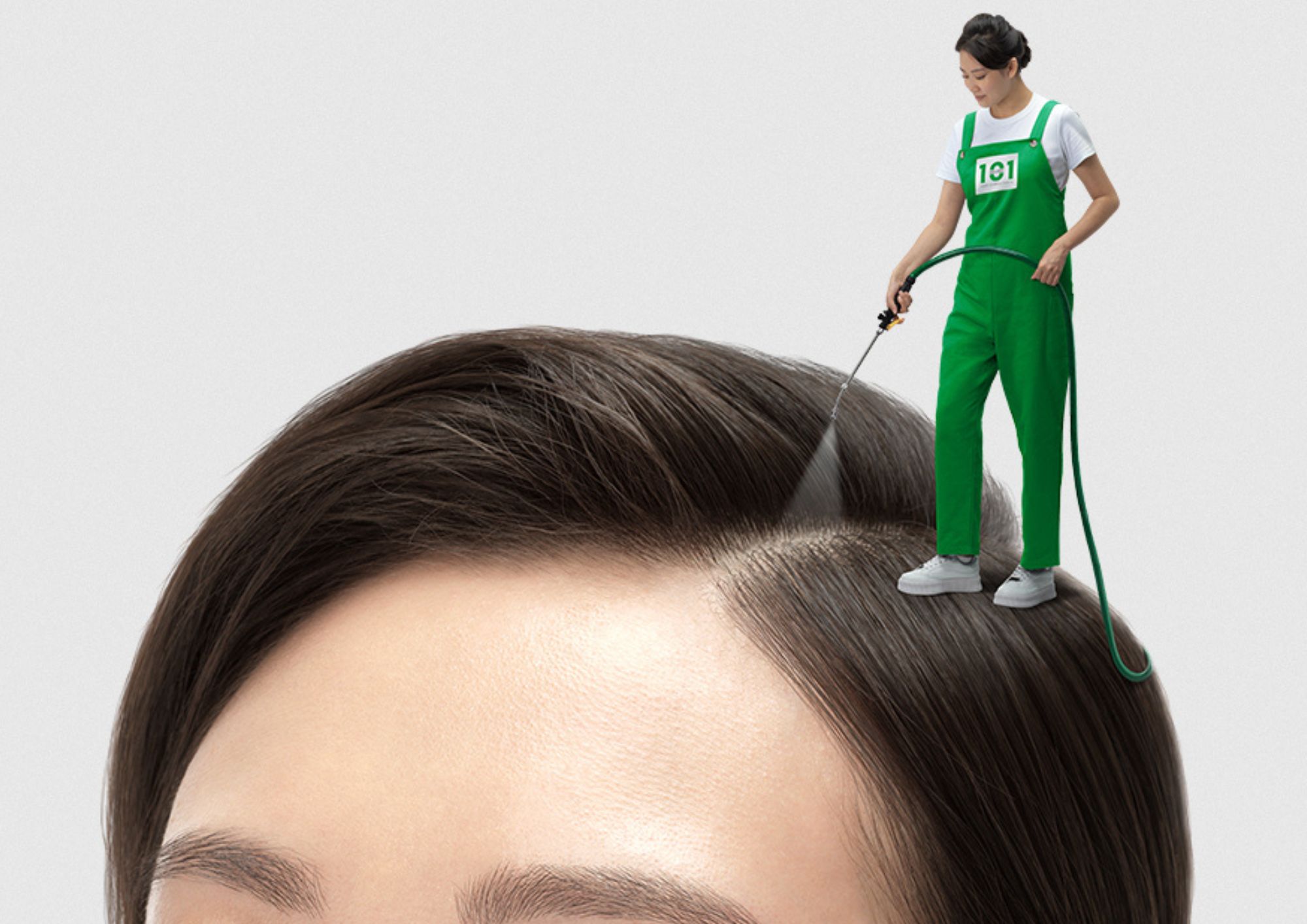
You’ve tried the shampoos, cleaned up your diet, and still… the flakes won’t quit. That’s when you bring in the pros.
See a trichologist or dermatologist for a dandruff scalp treatment if you have the following conditions:
Persistent Flakes That Don’t Improve
If you've been using over-the-counter products for weeks with little or no improvement, it may indicate a more resistant or chronic condition. A professional can assess whether it's dandruff or something more complex, like seborrhoeic dermatitis or psoriasis.
Severe Itching or Redness
Mild itchiness can be common, but when it becomes intense or your scalp looks red and inflamed, it’s time to see a specialist. These could be signs of infection, inflammation, or allergic reactions that need targeted treatment.
Visible Hair Thinning or Bald Spots
Dandruff may not directly cause hair loss, but the inflammation it triggers can weaken hair follicles over time. If you notice more strands falling out than usual or spot thinning areas, professional intervention is crucial to prevent long-term damage.
Recurring Symptoms
If dandruff keeps coming back no matter what you do, a deeper scalp analysis can uncover hidden causes like hormonal imbalances, fungal infections, or even autoimmune conditions.
Signs of Secondary Infection
Sores, oozing, or crusty patches on the scalp may mean the skin is broken and infected; this needs immediate medical attention.
Say Goodbye to Dandruff in Singapore
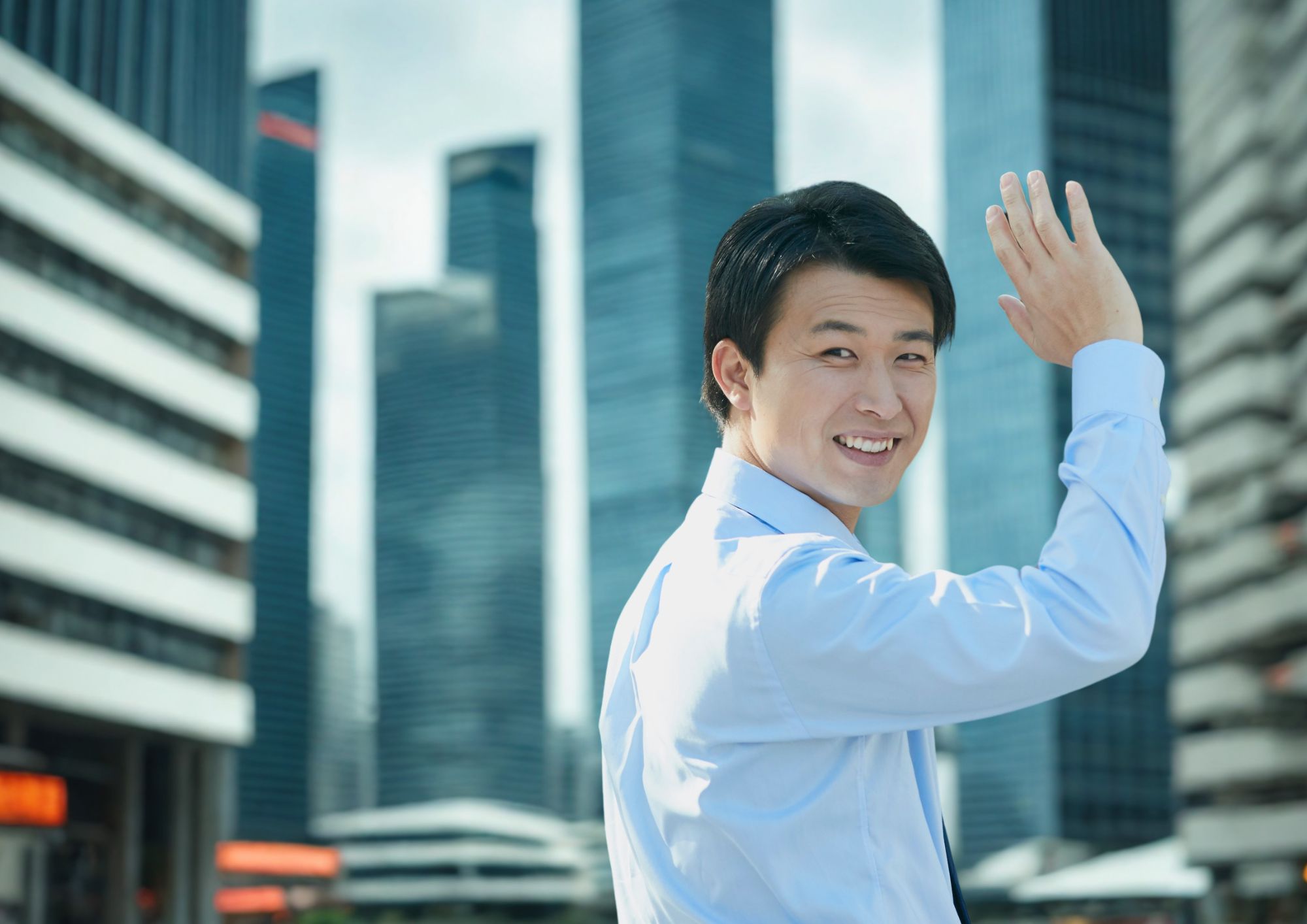
In Singapore, early intervention is not only smart; it can help you avoid more complex and expensive treatments later. The good news? Many scalp care clinics now offer consultations and effective therapies tailored to your lifestyle.
Back to those long, humid walks, that post-spin class rush, and your Friday night glam sessions, your scalp goes through a lot in Singapore’s tropical climate. But the itch, the flakes, the greasy roots? They don’t have to be part of your story.
With a better understanding of what causes dandruff and how to treat it in this climate, you can take real steps toward scalp wellness. And remember, healthy hair starts at the root.
Looking for the best treatment centre for your scalp issues? Beijing101 offers professional hair and scalp care, and hair treatment solutions in Singapore, expertly tailored to your needs to give your scalp the focused care it truly deserves. Contact us today for an appointment.

